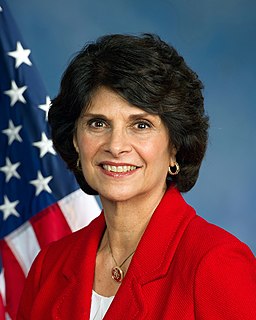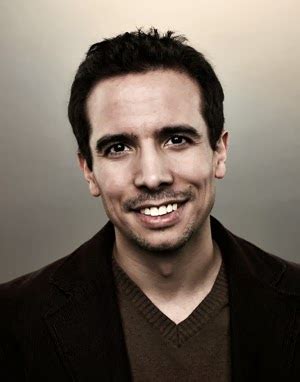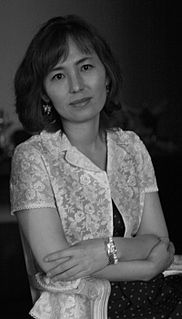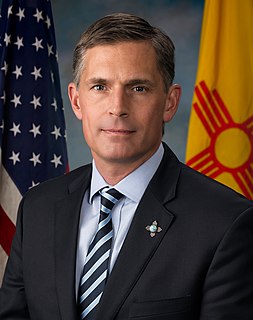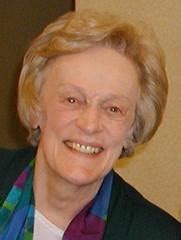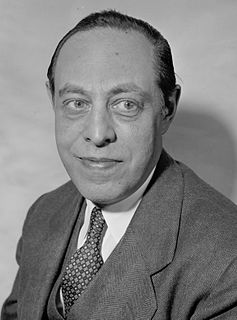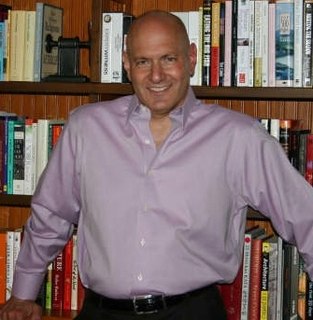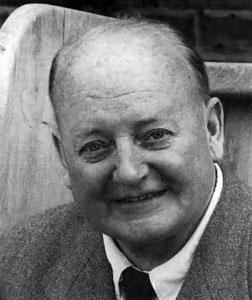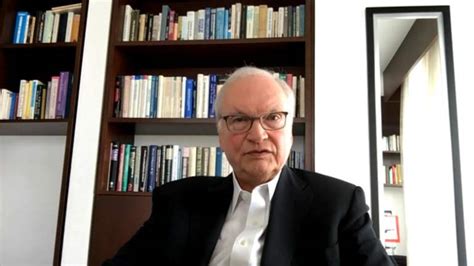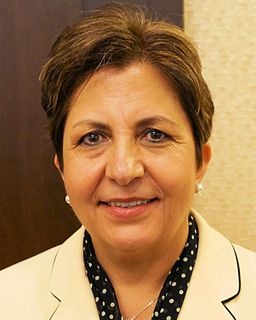A Quote by Fredric Wertham
Through TV and moving pictures a child may see more violence in thirty minutes than the average adult experiences in a lifetime. What children see on the screen is violence as an almost casual commonplace of daily living. Violence becomes the fundamental principle of society, the natural law of humanity. Killing is as common as taking a walk, a gun more natural than an umbrella. Children learn to take pride in force and to feel ashamed of ordinary sympathy. They are encouraged to forget that people have feelings.
Quote Topics
Adult
Almost
Ashamed
Average
Becomes
Casual
Child
Children
Common
Commonplace
Daily
Daily Living
Encouraged
Experiences
Feel
Feelings
Force
Forget
Fundamental
Gun
Humanity
Killing
Law
Learn
Lifetime
Living
May
Minutes
More
Moving
Natural
Natural Law
Ordinary
People
Pictures
Pride
Principle
Screen
See
Society
Sympathy
Take
Taking
Than
Thirty
Through
TV
Umbrella
Violence
Walk
Related Quotes
The television screen is the lens through which most children learn about violence. Through the magnifying power of this lens, their everyday life becomes suffused by images of shootings, family violence, gang warfare, kidnappings, and everything else that contributes to violence in our society. It shapes their experiences long before they have had the opportunity to consent to such shaping or developed the ability to cope adequately with this knowledge.
I must remind you that starving a child is violence. Suppressing a culture is violence. Neglecting school children is violence. Punishing a mother and her family is violence. Discrimination against a working man is violence. Ghetto housing is violence. Ignoring medical need is violence. Contempt for poverty is violence.
The more children see of violence, the more numb they are to the deadly consequences of violence. Now, video games like 'Mortal Kombat,' 'Killer Instinct,' and 'Doom,' the very game played obsessively by the two young men who ended so many lives in Littleton, make our children more active participants in simulated violence.
For most of recorded history, parental violence against children and men's violence against wives was explicitly or implicitly condoned. Those who had the power to prevent and/or punish this violence through religion, law, or custom, openly or tacitly approved it. .....The reason violence against women and children is finally out in the open is that activists have brought it to global attention.
Let us not forget that violence does not live alone and is not capable of living alone: it is necessarily interwoven with falsehood. Between them lies the most intimate, the deepest of natural bonds. Violence finds its only refuge in falsehood, falsehood its only support in violence. Any man who has once acclaimed violence as his method must inexorably choose falsehood as his principle.
In 1990, when we started the Black Community Crusade for Children, we were always talking about all children, but we paid particular attention to children who were not white, who were poor, who were disabled, and who were the most vulnerable.Parents didn't think their children would live to adulthood, and the children didn't think they were going to live to adulthood. That's when we started our first gun-violence campaign. We've lost 17 times more young black people to gun violence since 1968 than we lost in all the lynching in slavery.
Violence is not merely killing another. It is violence when we use a sharp word, when we make a gesture to brush away a person, when we obey because there is fear. So violence isn't merely organized butchery in the name of God, in the name of society or country. Violence is much more subtle, much deeper, and we are inquiring into the very depths of violence.
This violence is so pervasive. We see it in our schools, where we have more security guards now than teachers. We see it in California where more prisons are being built than colleges. It goes on and on. We see it in a trillion-dollar war budget, politics becoming an extension of war rather than vice versa. This violence is like a fog. It covers everything.
We lose eight children and teenagers to gun violence every day. If a mysterious virus suddenly started killing eight of our children every day, America would mobilize teams of doctors and public health officials. We would move heaven and earth until we found a way to protect our children. But not with gun violence.
...people think non-violence is really weak and non-militant. These are misconceptions that people have because they don't understand what non-violence means. Non-violence takes more guts, if I can put it bluntly, than violence. Most violent acts are accomplished by getting the opponent off guard, and it doesn't take that much character, I think, if one wants to do it.







